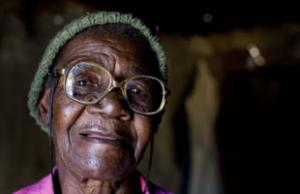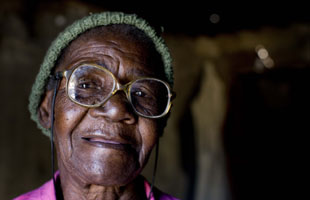International Day of Older Persons 2016
1 October 2016 - Take a Stand Against Ageism
The International Day of Older Persons is an opportunity to highlight the important contributions that older people make to society and raise awareness of the issues and challenges of ageing in today’s world.
The theme for 2016, Take a Stand Against Ageism, challenges everyone to consider ageism – the negative attitudes and discrimination based on age - and the detrimental impact it has on older people.
The World Health Assembly resolution related to the WHO Global Strategy and Action Plan on Ageing and Health, adopted in May 2016, calls on the Director-General to develop, in cooperation with other partners, a Global campaign to combat ageism and achieve the ultimate goal of enhancing the day-to-day experience of older people and to optimize policy responses.
Ageism is stereotyping and discrimination on the basis of a person’s age. Ageism is widespread and an insidious practice which has harmful effects on the health of older adults. This year, we challenge everyone to identify and question these internalized ageist attitudes, and to understand the serious impact that these attitudes have.
For older people, ageism is an everyday challenge. Overlooked for employment, restricted from social services and stereotyped in the media, ageism marginalizes and excludes older people in their communities.
Ageism is everywhere, yet it is the most socially “normalized” of any prejudice, and is not widely countered – like racism or sexism. It exists when the media portrays all old people as “frail” and “dependent”. It influences (subconsciously or actively) the policy maker to opt for cost containment in preference to making appropriate adaptations and investment in infrastructure and services for ageing societies These attitudes, pervasive yet invisible, lead to the marginalisation of older people within our communities and have negative impacts on their health and well-being.
Older people who feel they are a burden may also perceive their lives to be less valuable, putting them at risk of depression and social isolation. Research by Levy et al shows that older adults with negative attitudes about ageing may live 7.5 years less than those with positive attitudes.
(Levy BR et al. Longevity increased by positive self-perceptions of aging. Journal of Personality and Social Psychology 2002 83(2):261-270)




